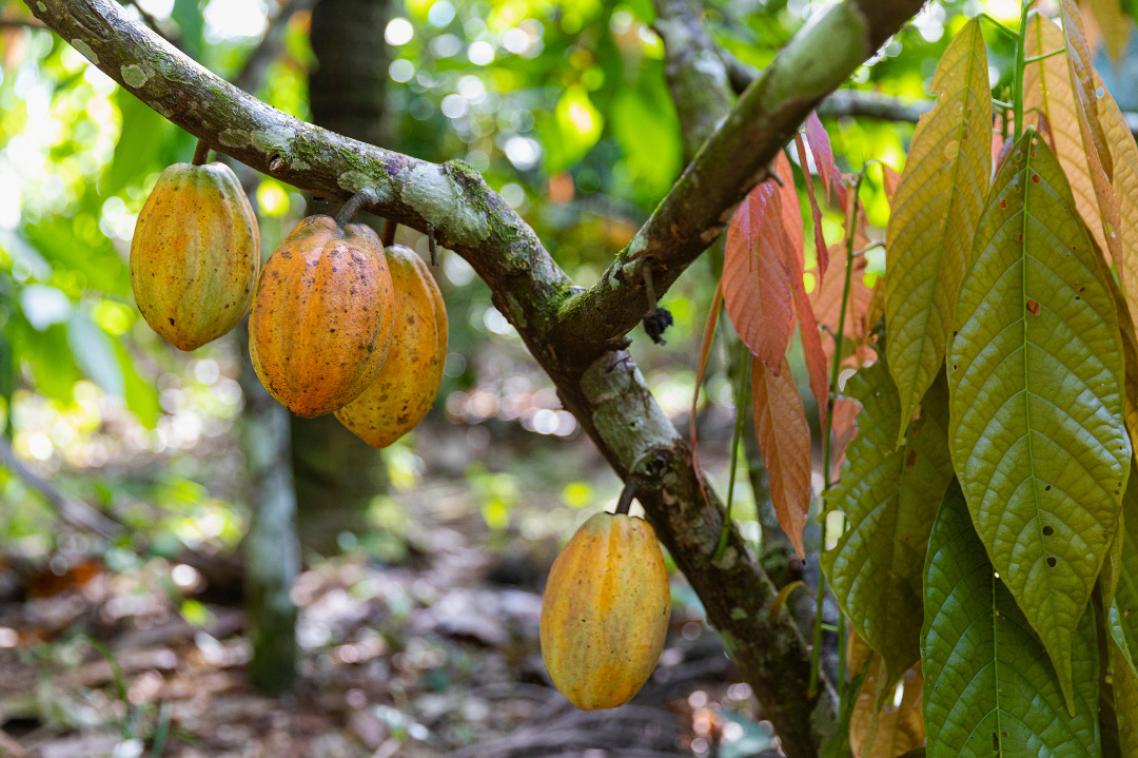Family habits set drinking path
Teenagers are more likely to develop drinking problems if their mothers are depressed and drink regularly.
The findings come from University of Queensland researchers who tracked alcohol related disorders of children through adulthood as part of one of the world’s longest health studies.
Data was collected from 2551 Brisbane mothers and their children at six months, five, 14 and 21 years of age.
Lead researcher Dr Rosa Alati from UQ’s School of Population Health said teenage children of mothers who drank one or more drinks a day had a twofold risk of problem drinking in young adulthood.
Dr Alati said maternal depression and early teenage behaviour, such as aggression and delinquency, increased the risk of alcohol disorders in young adults.
“The good news is that there is no need to intervene at a very early age to prevent alcohol problems later on,” Dr Alati said.
The study found that birth outcomes, infant and early childhood influences were not strong predictors of alcohol problems among young Australians.
“In our sample, individual and maternal influences in this period are the strongest predictors of alcohol disorders in early adulthood,” she said.
“The other finding is that there’s no indication that there’s very early signs of alcohol problems, which is good news.”
Public health prevention and intervention strategies for responsible drinking should aim to intervene during late childhood and early adolescence.
“Public health interventions will need to raise parents’ awareness of the risks associated with easy availability of alcohol in the family context during early adolescence if we are able to reduce the high rates of alcohol misuse,” the authors wrote.
Dr Alati’s paper was co-written, with Mater Misericordiae Hospital and UQ researchers such as Mater Study founder, Professor Jake Najman.
The Mater Study was started in 1981 as a health and social study of 7223 pregnant women.
Dr Alati’s findings were recently published in the American Journal of Epidemiology.
Media: Dr Alati (07 3365 5281 r.alati@sph.uq.edu.au) or Miguel Holland at UQ Communications (07 3365 2619)
Related articles

Growing shade trees can cut chocolate’s environmental impact

Liquid fat treatment offers hope for rare childhood disease
Media contact
UQ Communications
communications@uq.edu.au
+61 429 056 139
